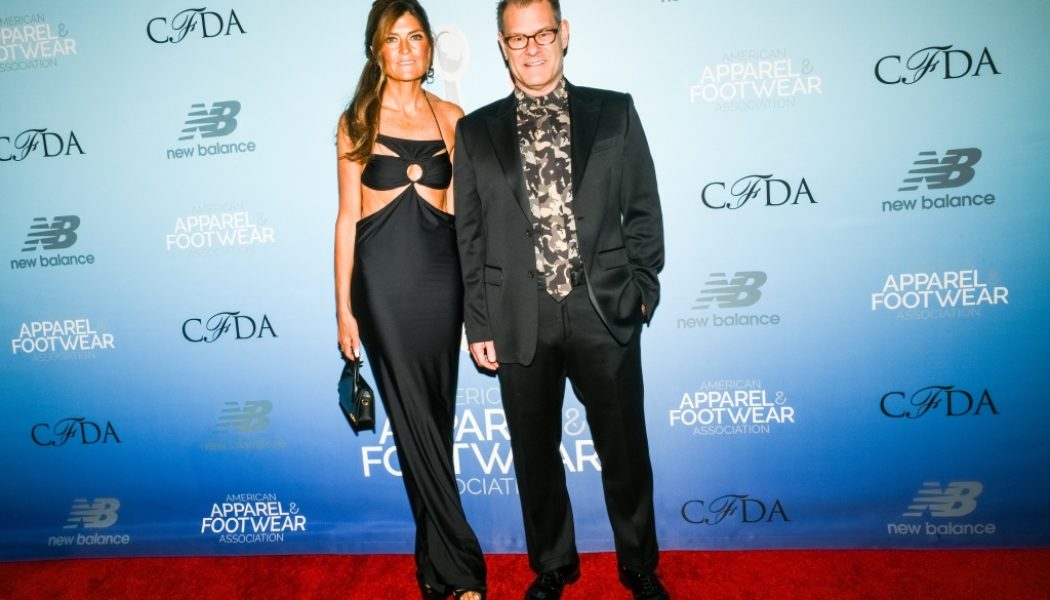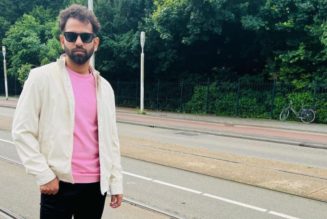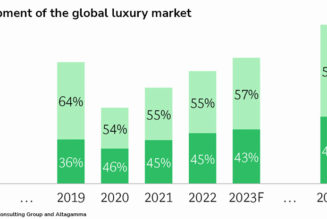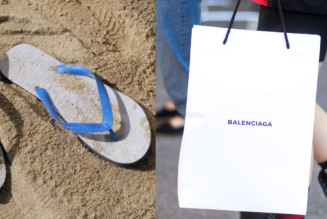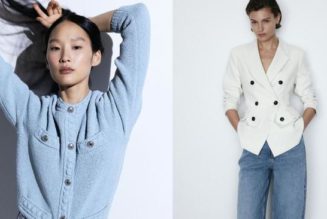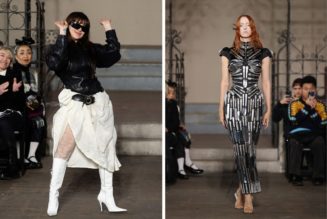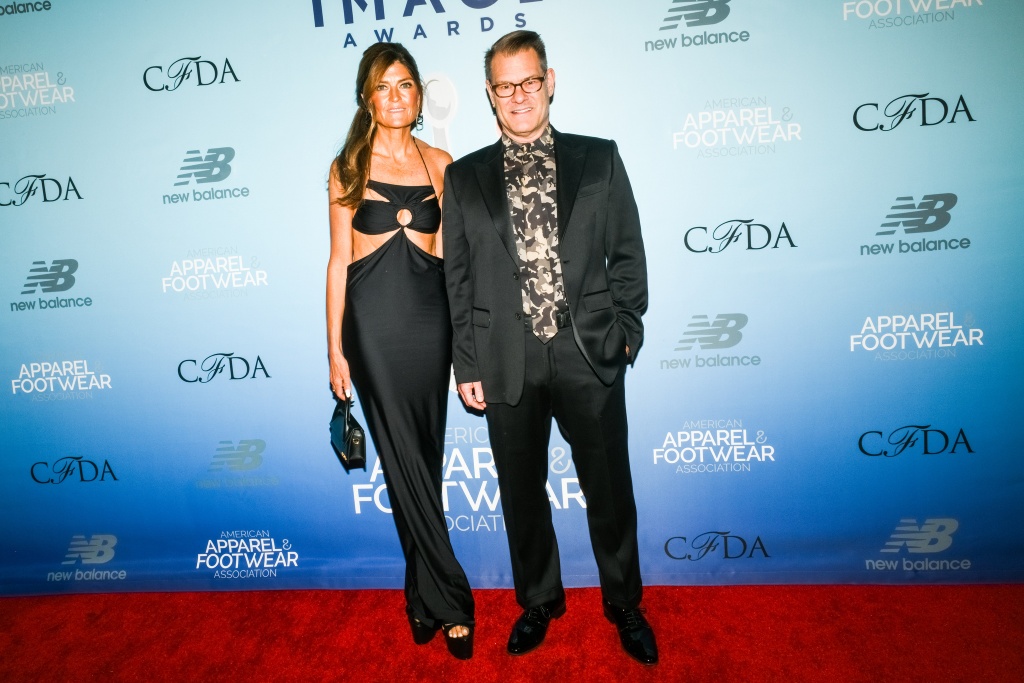
Fashion designer John Bartlett is going back to school — again.
Three years after taking on the role of director of the fashion program at Marist College, he has been named director of fashion for executive and professional studies for The New School’s Continuing and Professional Education program. After a few exit interviews this week, Bartlett will start his new gig on July 10. The change of pace will also give him the chance to spend more time in New York City, where he continues to build his own design career on the side, he noted. Parsons’ aesthetic, approach to DEI, sustainability and innovative design made the decision an easy one for Bartlett, who continues to design in different capacities.
In his new role, Bartlett will lead CPE’s fashion executive education, including curriculum development, industry outreach and strategic partnerships, and teaching and learning for Parsons Executive Education and the Luxury Management and Design Innovation (EMILUX) joint program with ESSEC Business School.
Eager to encourage people to reframe what global luxury can be and impress upon them the importance of next-gen materials that are neither animal-based or petroleum-based, Bartlett addressed why the amount of discussion hasn’t matched the amount of action. “A lot of the materials are still not scalable, so a lot of companies are experimenting and investing some money into the next-gen movement,” he said. “It’s interesting because the average luxury customer is looking for more earth-friendly items, but the global luxury market is still based in a lot of things from the past that are tried-and-true.”
Finding the right balance between profitability and being responsible with design or circular fashion are essential, he said. The New School post will call for travel to global luxury hubs in Paris, Dubai, Shanghai, Geneva and New York to meet with entrepreneurs and executives, who are tied to the ESSEC program and are eager “to take a deeper dive” into the international global market. One such individual plans to develop a global luxury brand for his family’s tequila distillery in Mexico. “A lot of it is outside of traditional fashion parameters. I think a lot of the luxury market is a mindset. It will be really interesting to see where all of these different cohorts are coming from and how we can best serve them.”
The other part of his new job will be spent in the classroom, which will involve combining Parsons’ talented faculty with industry leaders, who will be coming in to teach. Bartlett will also be teaching.
A Harvard University graduate with a BA in sociology, Bartlett has always contended that fashion is a “particular lens for sociology and social movement.” He later enrolled at FIT and “learned all of the foundational skills of true making,” he said. With Parsons, he gets to combine those two elements, and also share his personal know-how of having worked with leading factories in Italy.
Examining how inclusivity can be considered in every aspect of design is a priority for the designer, whose job description includes curating opportunity by bringing in people who are doing that type of work on the ground in and outside of fashion, while also helping people and brand participants consider how to amp up inclusivity throughout their brands or entrepreneurial projects. The fact that DEI is “a huge part of Parsons DNA” was one of the incentives for taking the job, Bartlett said.
At Marist, the designer created a fashion and social justice class that looked at how different types of bodies can be included in the fashion scene. “There is a wonderful woman Sinéad Burke, who speaks about how brands really need to be not creating something separate, but really including people with disabilities into their design process and bringing people with disabilities into the design room and into the boardroom,” Bartlett said. “That’s a really exciting part of fashion and is something that Parsons is leading the conversation about.”
Asked what he attributes his own success to, the designer chalked that up to being an Aries. “I love new learning curves and I really like the industry, because it’s constantly changing. I like the challenges that that brings. There is so much uncertainty happening, that a lot of it is trying to learn from other fields,” he said.
At this stage of his career, Bartlett is in the giving-back mode, but doing so in a creative way is what gets him up in the morning. Living between New York City and Rhinebeck, New York, Bartlett has been creating sustainable accessories for his own label by relying on a group of women who are in recovery from drugs and alcohol abuse, and are supported by the nonprofit Unshattered.
Another gratifying endeavor is spending whatever free time he can squirrel away, quilting for its creativity and occasionally selling his quilts to raise money for nonprofits. He is also always speaking with people about new opportunities for design and collaborations.
All in all, “having always been a geek,” Bartlett said he loves to see how science and fashion are merging more than ever.
